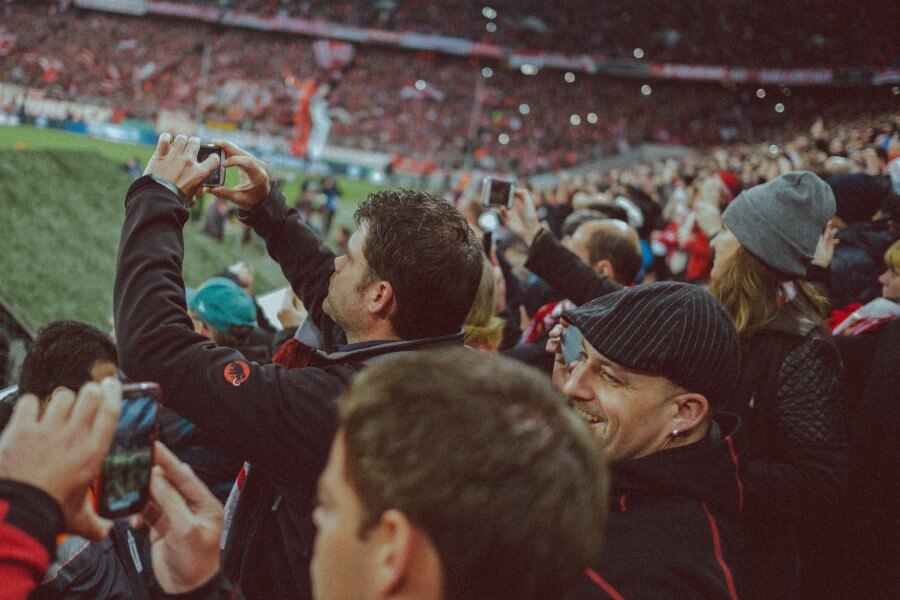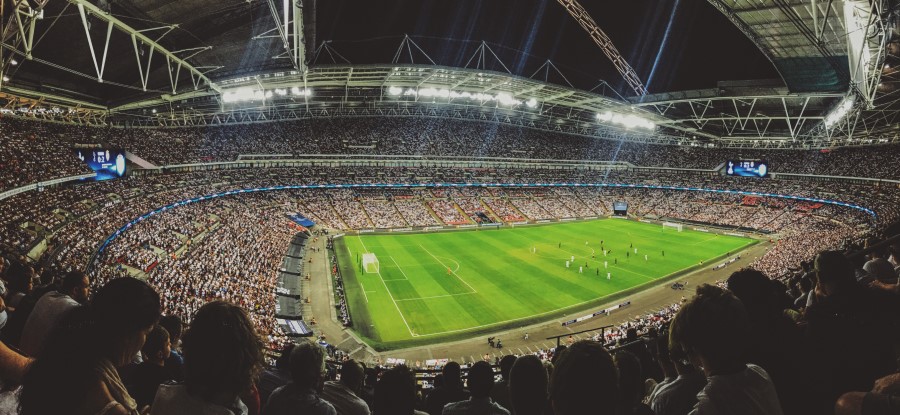Hannes Read takes a look at the potential consequences of the decision of some of England’s top-flight football teams to attempt to break away from the Premiership to join a European Super League.
This blog was first posted on the Birmingham Business School Blog.
“The Game’s Gone”
Those three words can describe pretty much anything new and controversial in football. The phrase can sometimes refer to trivial matters but, with the announcement of the European Super League, the principles of the game of football didn’t just go. They upped sticks and fled these shores. But in which direction is football going, and where should it go?
The European Super League was secretly developed by the 12 wealthiest football clubs in Europe, including six English teams (Manchester United, Liverpool, Arsenal, Tottenham Hotspur, Manchester City, and Chelsea). With guaranteed participation for those 12 clubs, the anti-competitive cartel sought to lock wealth out of the wider game. The competitive nature of football had gone. The pyramid theoretically connecting all leagues in Europe had gone. The fans’ views had gone. The game had gone.
In truth, the announcement of the European Super League was the crescendo in a long line of power and money grabs by the wealthiest clubs. The Premier League itself was a breakaway from the Football League to increase revenues for England’s top division. That the full 2020/21 season was played behind closed doors to television cameras is evidence enough that television money, rather than local fans, are the driving force in football.
Thankfully, fan organisation and voice has not gone away. Strong opposition from fans contributed to the downfall of the planned European Super League. But, without change, the game will continue to go in the direction of greater power for the interests of owners of the wealthiest clubs.

Where Should the Game Go?
The Centre for Local Economic Strategies and Common Wealth has put a strong case for Democratising Football. Similarly, Power to Change has put forward fan-ownership proposals in their report These Clubs Are Ours. Amongst other aims, they call for a commitment for:
- Majority fan ownership and representation at all levels; from the club, through to the Football Association, Premier League, and beyond.
- Embedding principles of democratic governance (one club, one vote) in football.
- Football clubs acting as an anchor in a place (paying fair wages for non-playing staff; using a transfer fee levy to fund fan-ownership and investment in the game and locality as a whole).
These interventions offer practical opportunities the UK government’s fan-led review of football can take forward. They ensure that fans have a significant stake in the decision-making, like in Germany. Whichever direction football goes in future, it is imperative that the interests of the fans are on board.
Football and Economy: Cut from the Same Cloth
If you held a mirror to light that has been shining on football recently, you would see a reflection of the economy more broadly. Wealth and power have become more concentrated. The wealth of large companies significantly rose over the pandemic whilst an increasing number of businesses closed their doors. Income inequality between the richest and poorest in the UK is one of the highest in Europe. In football, the trend is that the game going away from the interests of fans. And the economy tells a similar story.
Still, a fairer and more just economy can be possible. Embedding principles of Community Wealth Building is a proven way that universities, local authorities, football clubs, and businesses (amongst many others) can make a difference. Embedding principles of democracy and fair employment, and recognising the importance of place, society, and environment in business practices can ensure the economy, and football can work in the interests of the people and of the fans.
This blog was written by Hannes Read, Policy and Data Analyst, City-REDI / WM REDI, University of Birmingham.
Disclaimer:
The views expressed in this analysis post are those of the authors and not necessarily those of City-REDI or the University of Birmingham.

